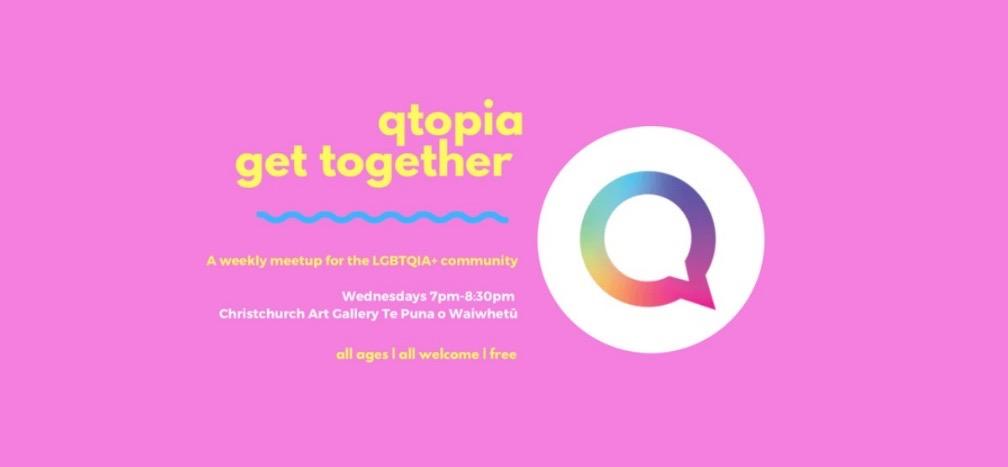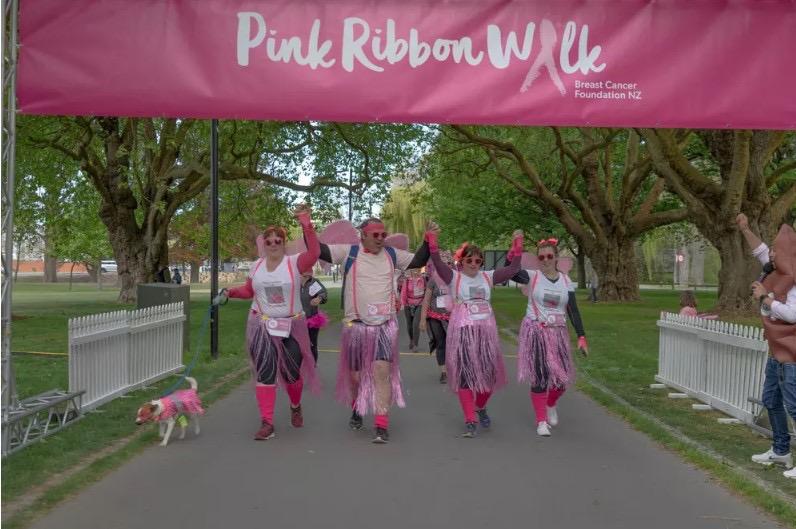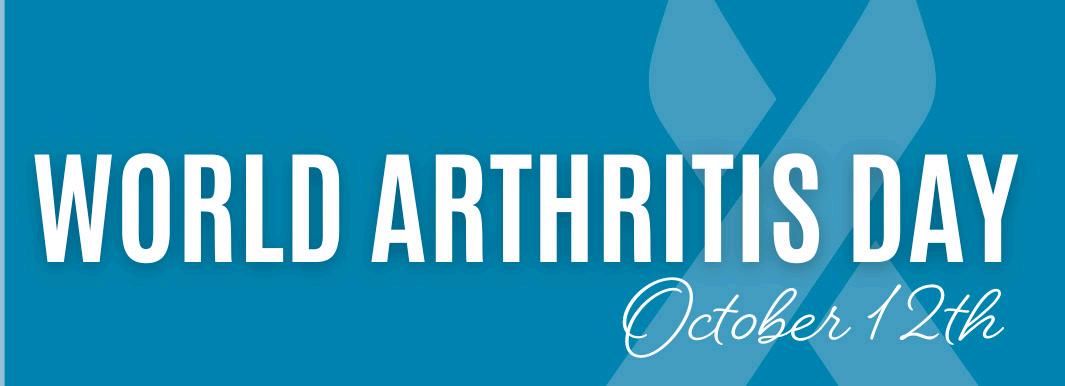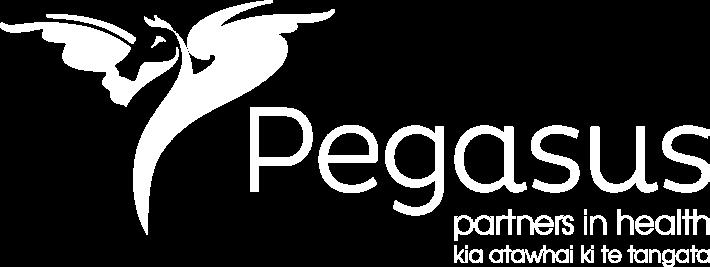PEGASUS 2025



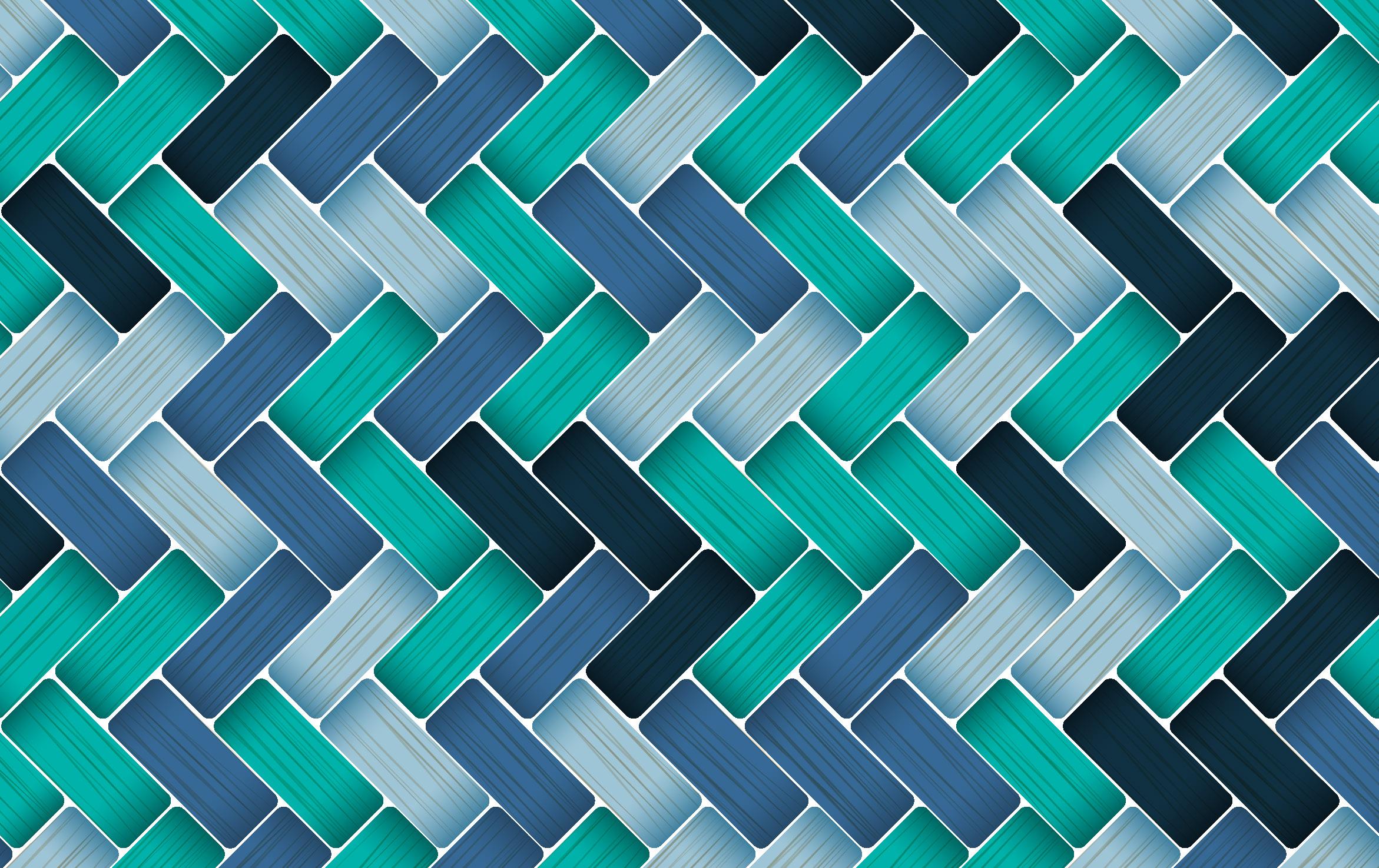
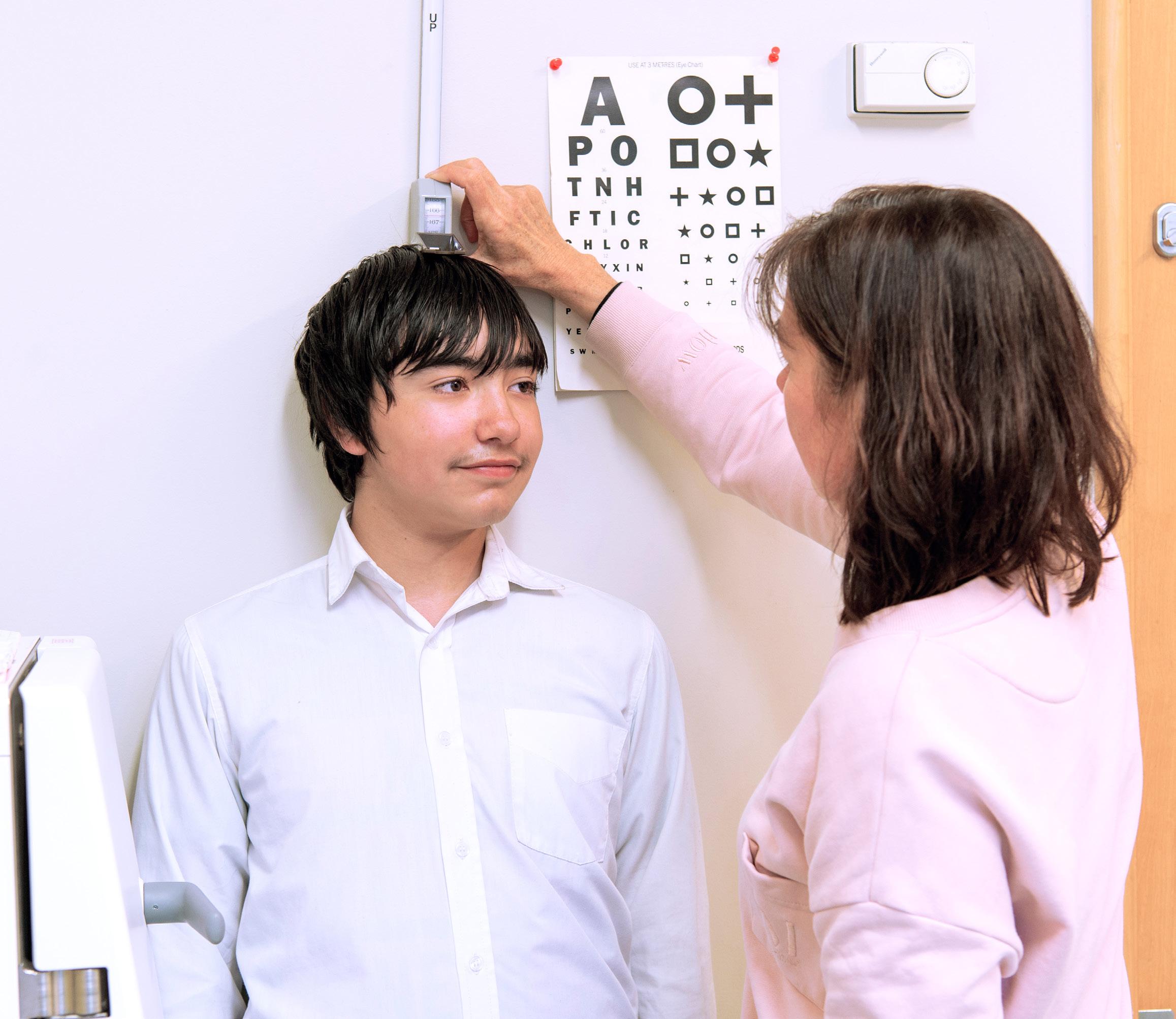
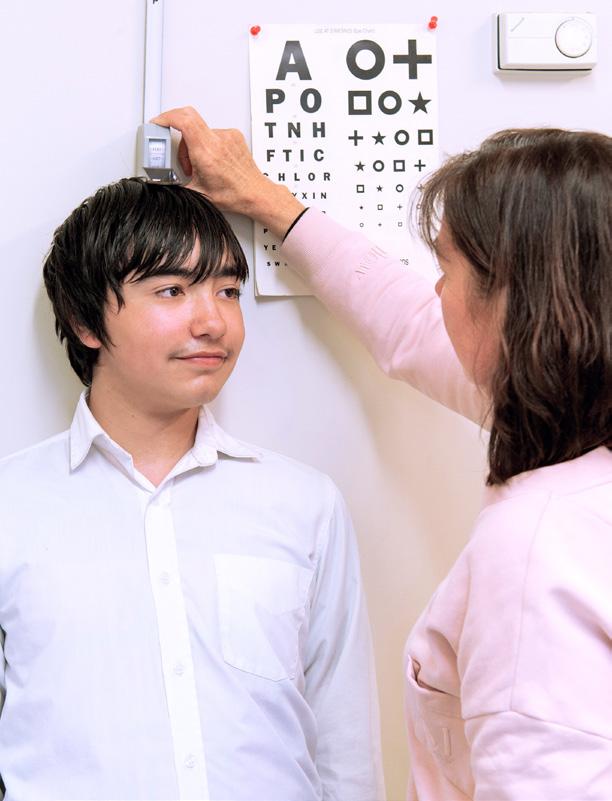

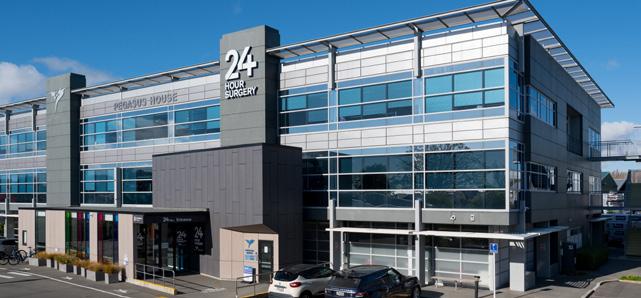

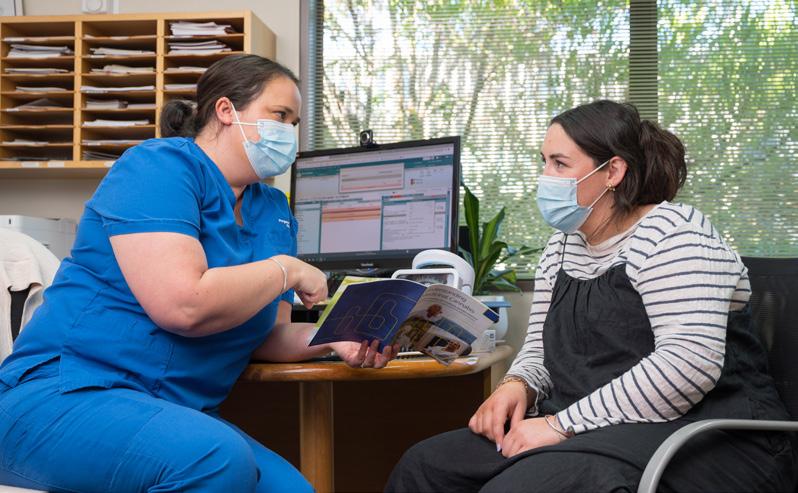
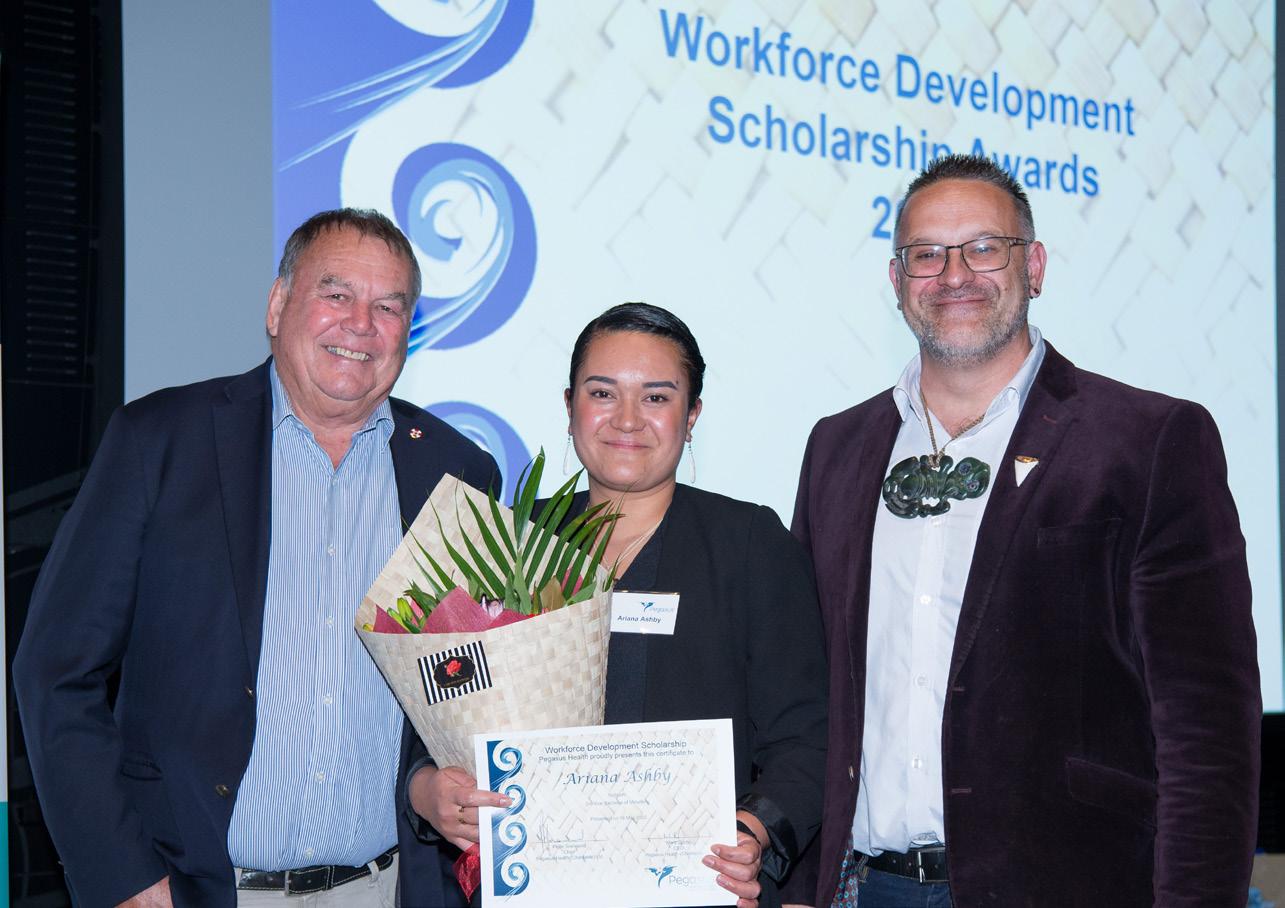

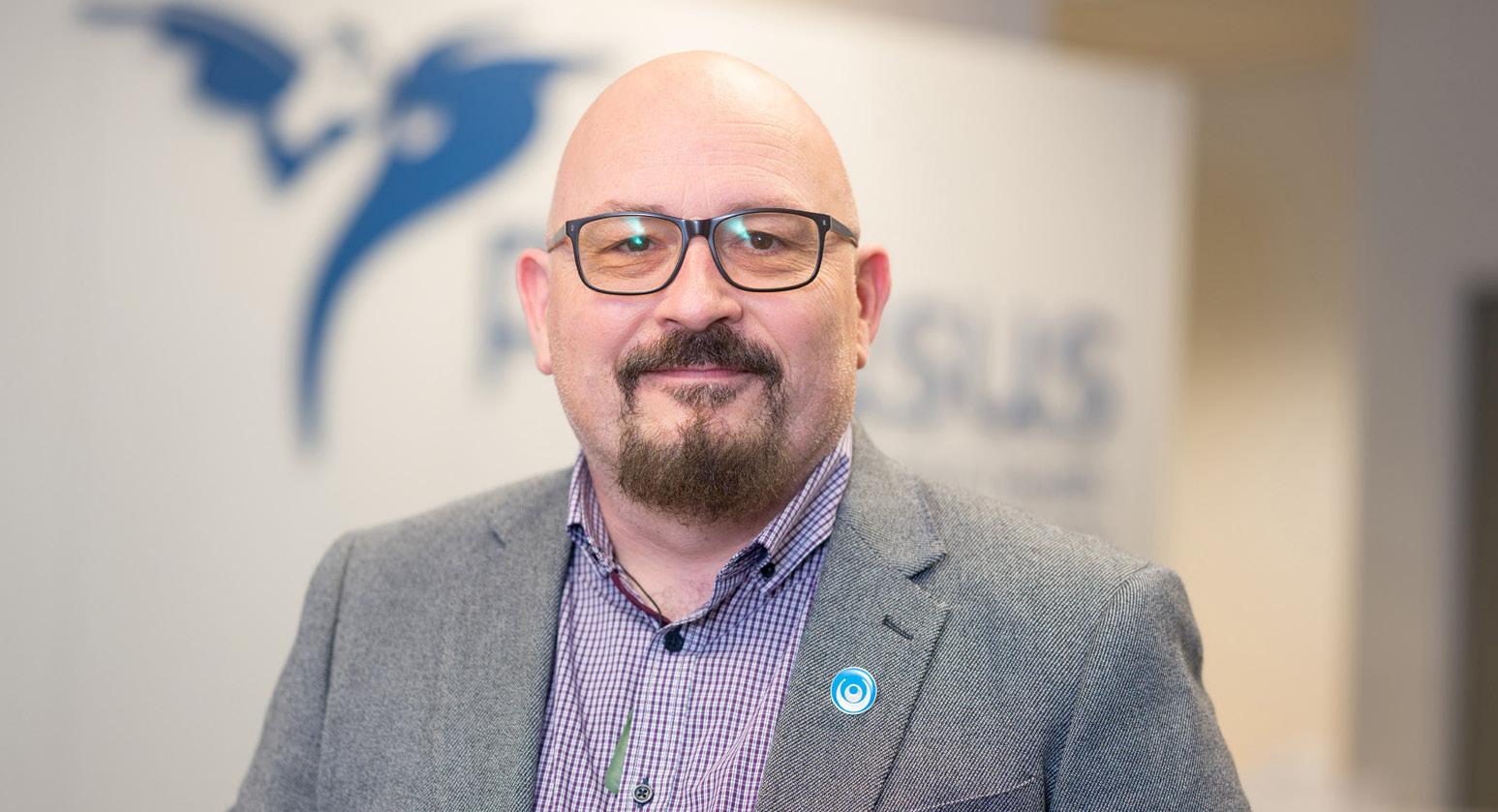
Tēnā koutou katoa,

Pegasus Health recently hosted Acting DirectorGeneral of Health, Dr Diana Sarfati. I had the pleasure of talking to her about the work we do and, in particular, the role of 24 Hour Surgery in Ōtautahi Christchurch. Across Aotearoa New Zealand, the provision of after-hours health services is facing increasing difficulties and I am proud to say the 24 Hour Surgery stands as an exemplar of what can be achieved.
October is Health Literacy Month, a time to raise awareness of how important it is to be able to understand your health and the health system of Aotearoa. Presentations to 24 Hour Surgery are continuing at high levels. This month we take a look at how to make the most of general practice and pharmacies in managing the health needs of the community.
Foster the pathway of knowledge to strength, independence and growth for future generations.
As part of Health Literacy Month we take a look at some of the supporting services Pegasus Health provides, including the Fracture Clinic and the Child Support Service. I also encourage you to look at the Aki Hauora app which provides te reo Māori terms for words relevant to health and healthcare.
Hāpaitia te ara tika pūmau ai te rangatiratanga mō ngā uri whakatipu.
The Fracture Clinic is based at the 24 Hour Surgery on Madras Street in a dedicated space with a separate waiting room and a specialist ‘plaster room’. When patients present for the first time with an injury they are seen in the ’walk-in’ area of the 24 Hour Surgery and, if appropriate, followup is arranged in the Fracture Clinic, which is appointment based.
The clinic is staffed by Urgent Care and Emergency Medicine specialists with additional training in fracture management and supported by Orthopaedic specialists. It can manage most fractures although those that require urgent intervention will be referred to Christchurch Hospital. All x-rays with significant abnormalities are reviewed by an orthopaedic surgeon.
There are Fracture Clinic appointments available during weekdays, and patients treated at the Fracture Clinic can return there for appointments as their injury recovers.
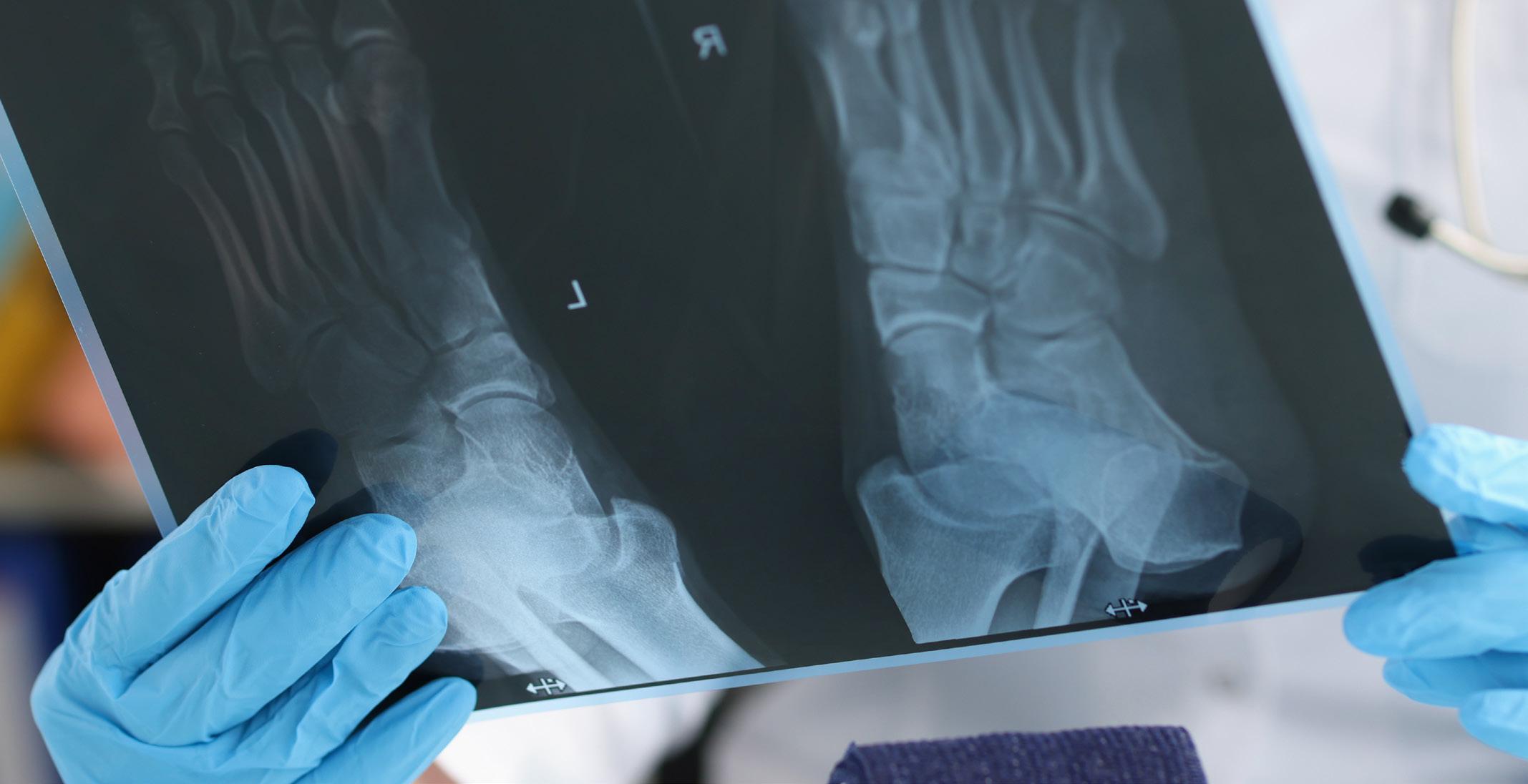
Six-year-old Milla Whyte has broken her arms five times, including three fractures in the past year, so she and her whānau have a lot of experience in visiting Pegasus Health ‘s specialist Fracture Clinic.
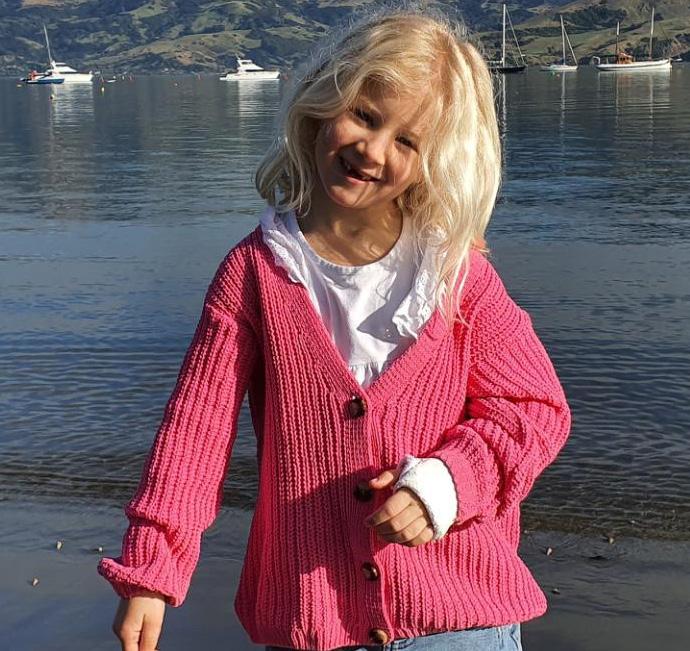
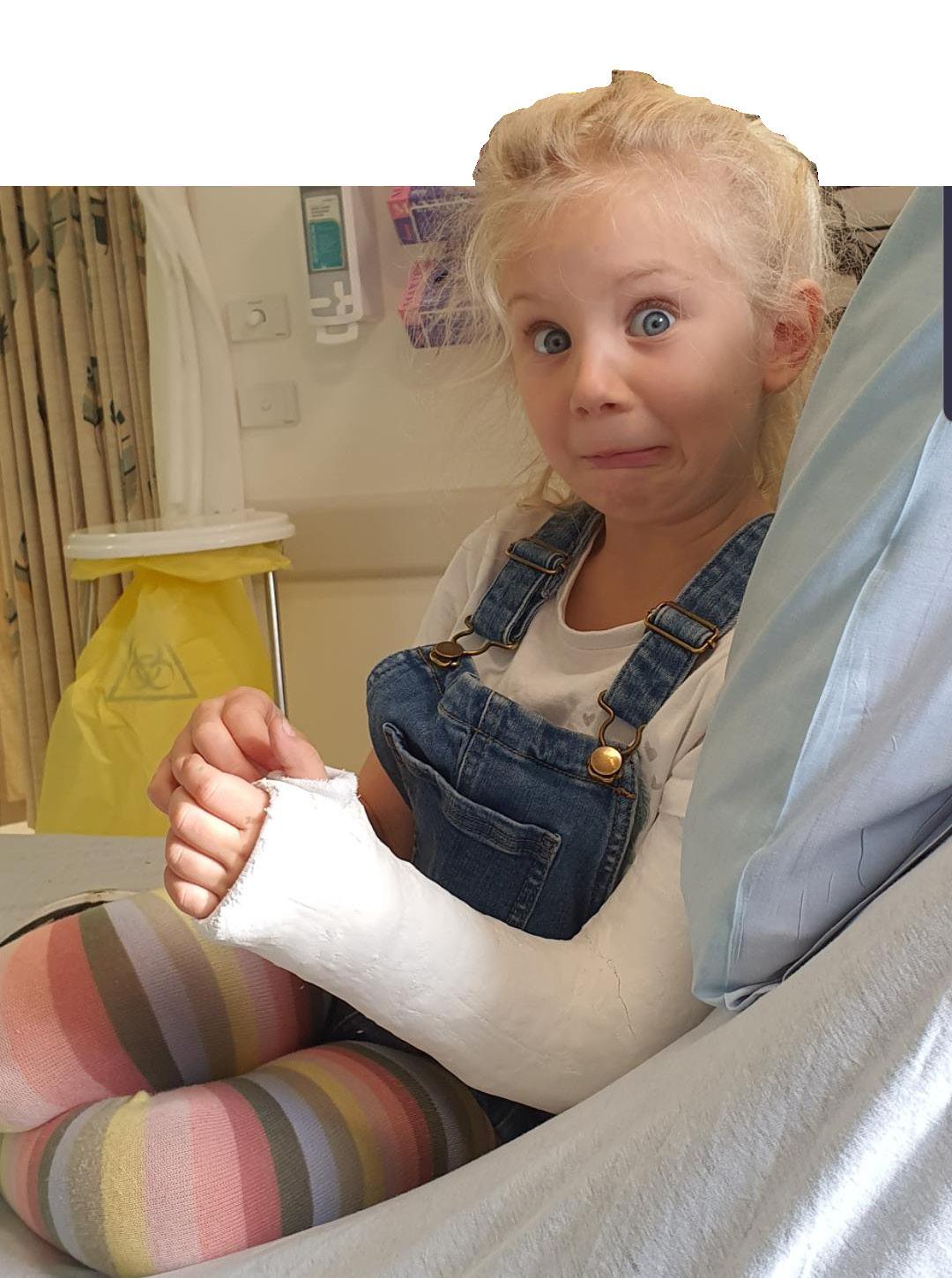
“The Fracture Clinic was great, every time we have taken Milla there we were seen quickly. Once Milla was in the recovery stage we went for regular check ups at the clinic,’’ Milla’s Dad Jordan Whyte, said The first break this year happened when Milla fell from monkey bars at school. Six weeks after getting her cast off she landed awkwardly on a mat during gymnastic lessons and re-fractured the arm break. Then, while still wearing her second cast, Milla slipped on concrete and broke her arm near her shoulder. Due to the placement of the break, she had to wear a sling.
“She has always been pretty active, but she might need to take it a bit easier. As good as the Fracture Clinic is, I would prefer not to have to go back,” Jordan said.
Pegasus Health Child Health Support Service offers at home visits or phone sessions for whānau and caregivers who have concerns about their childs health, behaviour, wellbeing, or social needs. The Child Health Co-ordinators make up a team of three social workers: Nikki Nute, Jen Walker, and Tahlia Rae.
Social workers are qualified professionals who use a range of techniques to address the needs of a person, drawing on their strengths. Social workers
can be found in various industries including healthcare.
Child Health Support Services work with parents and caregivers, alongside the General Practice team, to explore challenges impacting tamariki and whānau to create a support plan. This includes short-term interventions or referrals to appropriate agencies for ongoing support.
“We like to understand the person we are working with; thinking about their work, whānau, and cultural needs to see how these systems play a part,” Child Health Coordinator, Tahlia Rae, said.
How can you access this support?
If you are looking for support with the health, social, behavioural, and well-being needs of a child, talk to your GP or nurse about being referred to this free service.
We use our mouths to smile, talk, eat, and drink. In poor conditions, they can also cause ongoing pain, embarrassment, negatively impact daily life and the ability to work. Poor oral health can also impact diseases such as heart disease, stroke, diabetes and low birth weight babies.
Pegasus Health has training available for its GPs and pharmacists so they can better advise patients on dental services available to them. They have also partnered with the Brush Your Teeth Everyday (BYTE) charity which distributes free toothbrushes, toothpaste and information on a healthy smile to at-risk individuals.
Here are some simple things you can do every day to improve oral health:

• Brush with fluoride toothpaste twice a day and spit, do not rinse
• Diet drinks contain decay-causing acid, drink water or milk instead
• Have a sugar ‘hit’ in one session rather than regular snacking
• Have regular dental check-ups, they are free until 18-years-old
• Stop smoking as it increases the risk of mouth and gum disease
• Take dentures out at night to avoid germ build-up.
Try the Brush DJ app as a fun way to encourage kids to brush.
Find out what free services are available.

It is important to be able to find, understand and use health information and services. Health literacy can help prevent health problems, protect your health, and better manage health problems before they arise.
Lovey Ratima-Rapson, Team Leader of Practice Relationship Managers at Pegasus Health, said an estimated 50% of adults in Aotearoa have low health literacy.
So how do we become more health literate? The two most important things people can do is:
1. Enrol with a GP and make sure they have your most up-to-date contact information
It is free to enrol, and you can access publicly funded health services, including mental health and lifestyle programmes
Every interaction with a health professional is an opportunity to develop health literacy knowledge and skills. Do not be shy to ask about health conditions and what health terms mean, and who can provide support and advice.
Some common health terms:
• Acute: a condition that begins abruptly and is sometimes severe, but the duration is short

• Benign: not cancerous
• Biopsy: a small sample of tissue taken for testing
• Chronic: a recurring, persistent, or long-lasting condition such as asthma or diabetes
• Contusion: bruise
• Enrolment (with a GP): belonging to a general practice, which is your first port of call for most health issues
• Hypertension: high blood pressure
• Intravenous: medication or fluid that is delivered by your vein
• Malignant: the presence of cancerous cells
• Outpatient: a patient who receives care without being admitted to a hospital
• Patient portal: a way patients can make appointments and check on their test results
• Primary care: professional health care received in the community, usually from a GP, practice nurse or pharmacist.
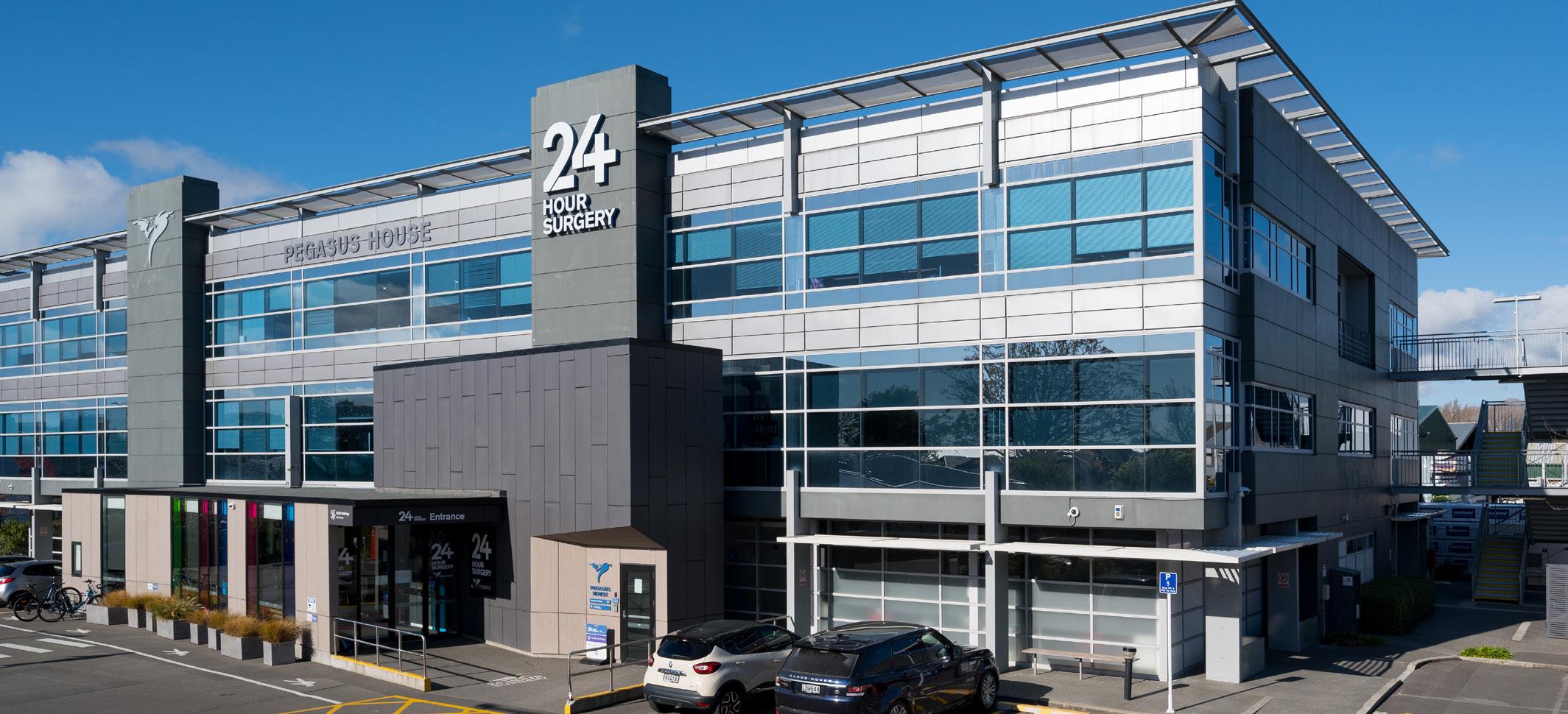
Among the many adjustments migrants to Aotearoa New Zealand face, one of the most important is understanding the health system. Often this can be left until health concerns arise which is a vulnerable time to try and navigate an unfamiliar structure.

Edith Yi, an Administrator with the Pegasus Health General Practice and Community Service Team, said that she understands coming to terms with a new health system can be challenging, and there can be difficulties in accessing healthcare due to cultural barriers.
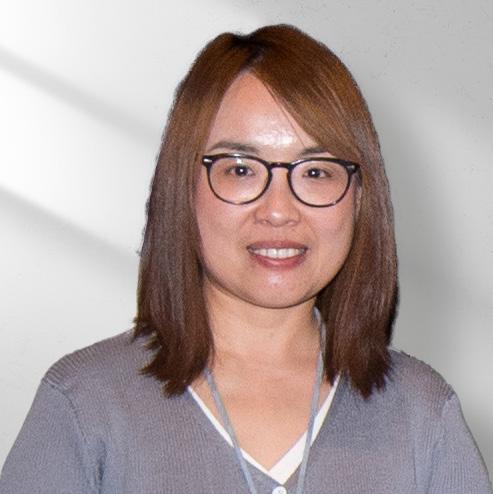
“Trust is huge because there can often be a cultural barrier to sharing intimate details. My first advice would be to enrol with a GP,” Edith said.
For various countries, the first stop for healthcare is the hospital as community-based doctors and nurses are uncommon. Other key parts of our health system such as Healthline, ACC and community support services are also unfamiliar to migrants.
“The systems are different in Aotearoa. If it is urgent, we call 111 or visit the emergency department or 24 Hour Surgery. If it is not urgent, we visit our GP or nurse who is based in our community,” Edith said.
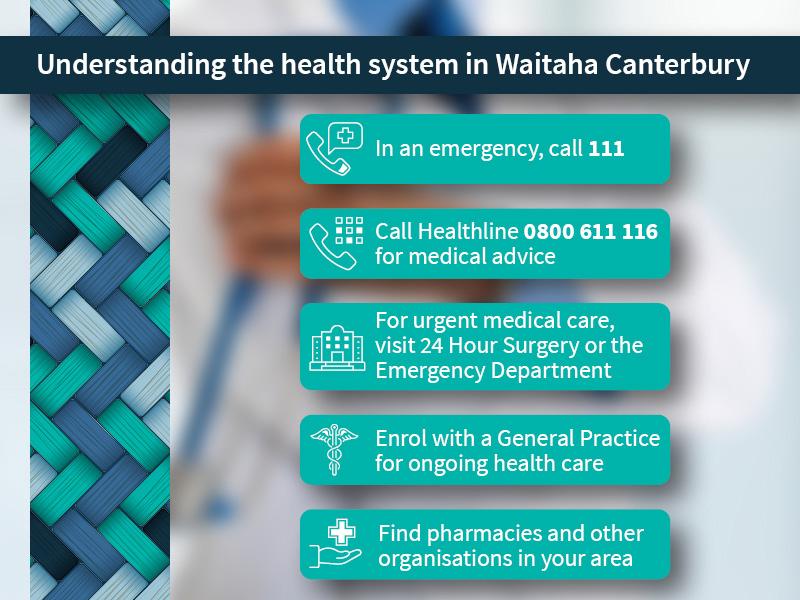
For migrants uncertain about accessing healthcare, Edith recommends talking to their whānau or church group. In addition, international students can speak to their university or high school groups.
Edith also recommends the Pegasus Health-funded interpreting service.
“Call your GP and let them know you require an interpreter for your appointment. The GP must arrange that for you and if they do not you can email migrant.health@pegasus. co.nz to let them know that service was not provided,” Edith said.

When planning was underway on new premises to house Ilam Medical Centre, Pegasus Health Culturally and Linguistically Diverse (CALD) Manager Ester Vallero issued a challenge to the building managers: embrace accessibility to its fullest.
Ilam Medical Centre is a new integrated medical facility on Memorial Avenue, and it is clear it was built with the community and staff in mind.
Their commitment to accessibility is highlighted in their signage. Signs in key patient areas, such as the reception and bathrooms, are in both English and te reo Māori. In addition, bathrooms are not gendered in a deliberate acknowledgement of gender diversity in the community.
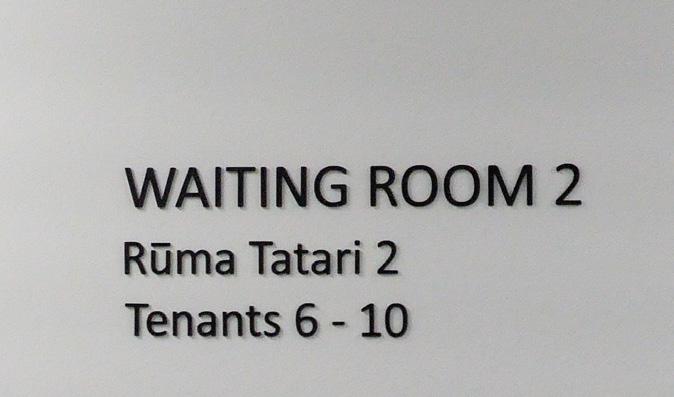
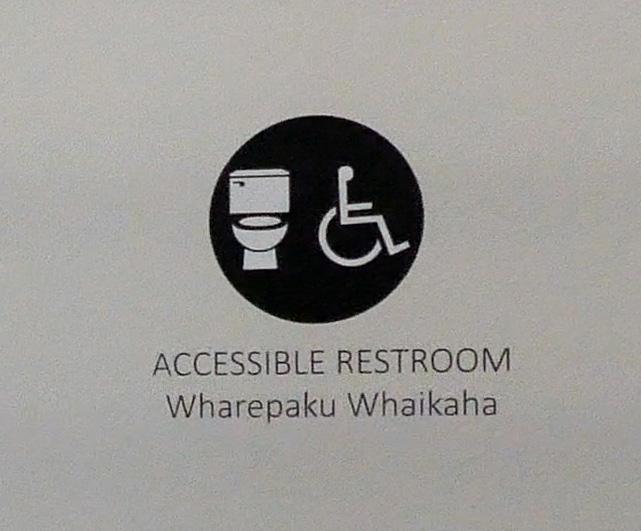
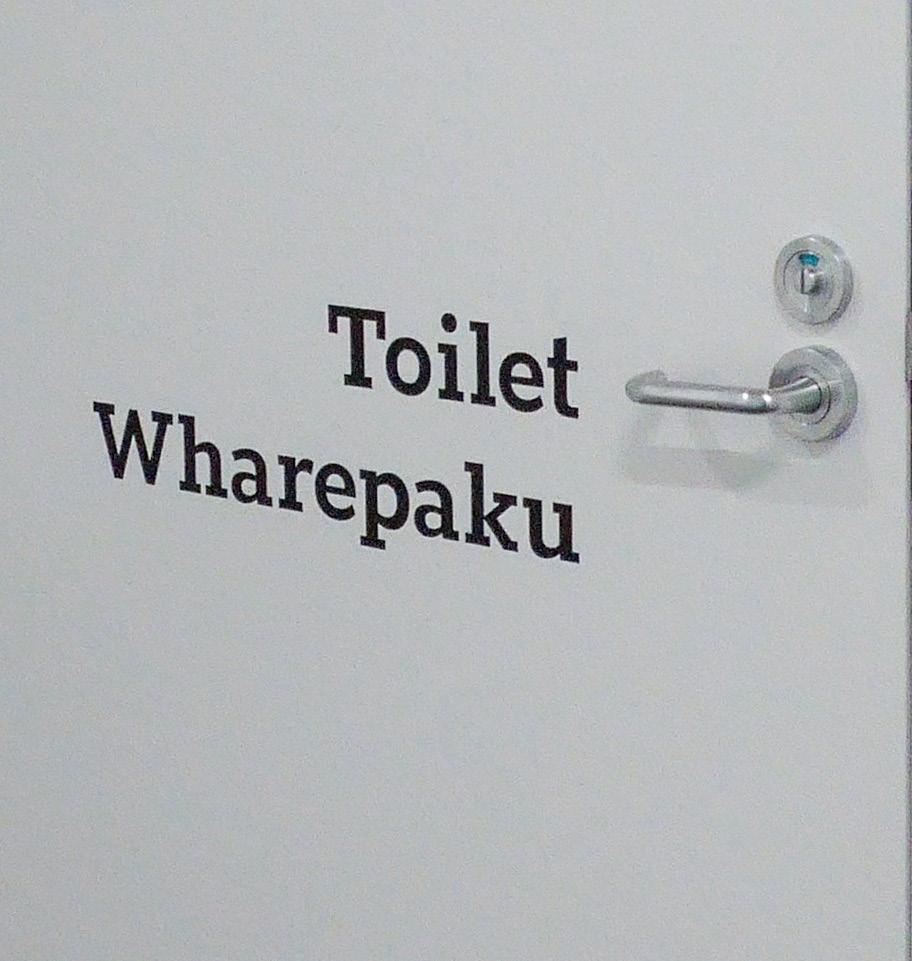
“It only took a second of thought to be inclusive. It is so easy to choose non-gender discriminatory language, you just have to have the intention,” Ilam Medical Centre Client Representative, Helena Parsons, said.
In April, representatives from local hapū, Ngāi Tūāhuriri, officially opened the building with an acknowledgement of the facility as a place of healing.
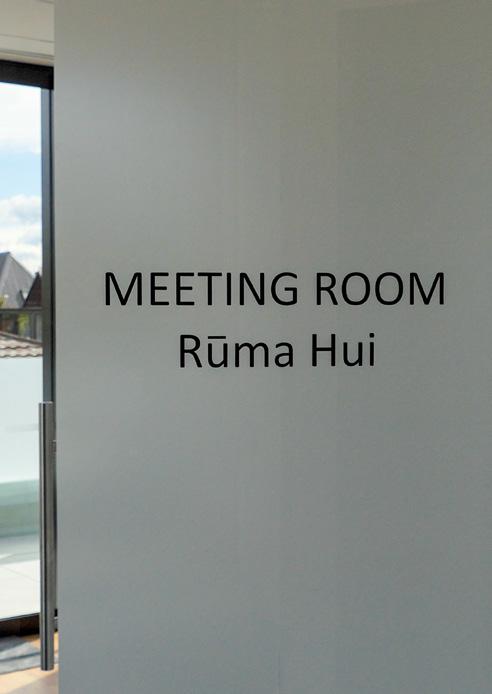
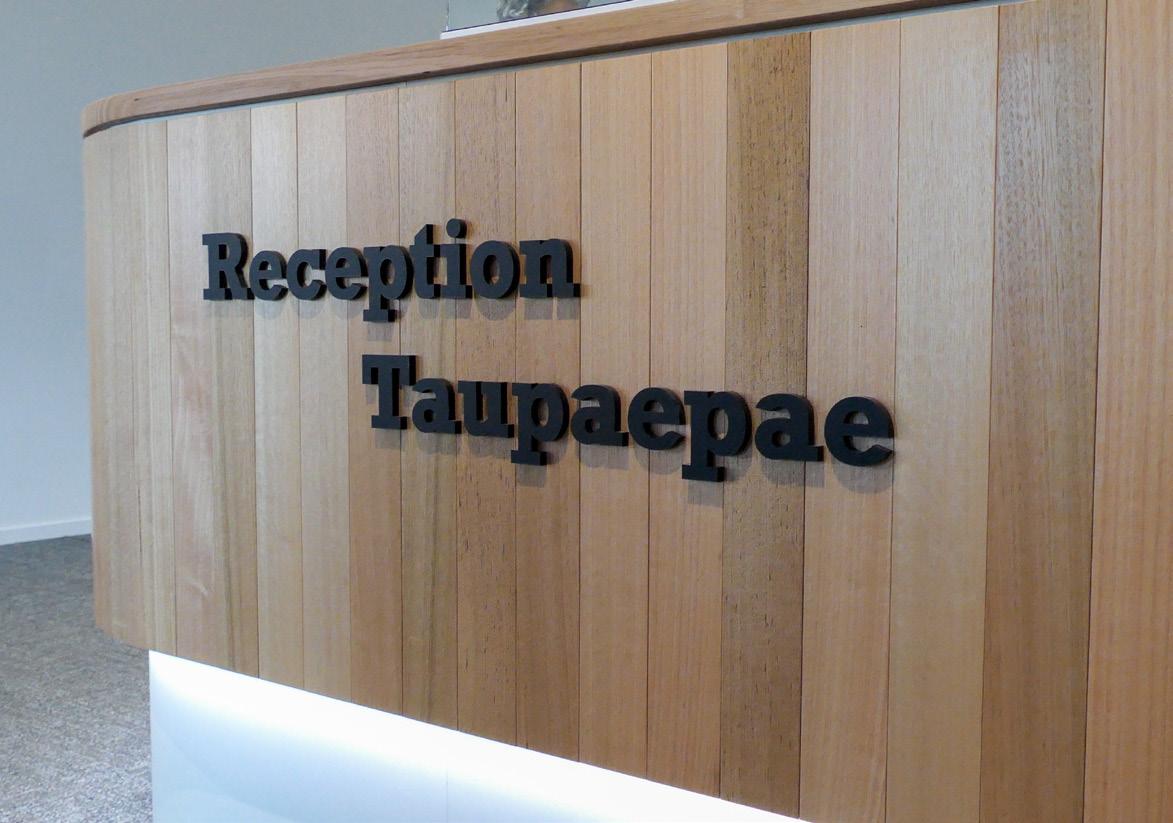
Natural wood, large windows and versatile rooms create a sense of peace within the facility.
“It is a building that is kind to staff and patients, that nurtures and creates an environment that enables health professionals to do their best work,” Helena said.

The Pegasus Health Suicide Prevention and Postvention Team ensures that they have a kaupapa Māori lens on the mahi they do. Kia Piki Te Ora is a Māori suicide prevention and postvention service that operates across Aotearoa New Zealand and in 2020, Pegasus Health formalised and funded a part-time Kia Piki Te Ora Coordinator role that sits within the Pegasus Health team.
“This role was important to better inform our Suicide Prevention and Postvention Coordinators on best practices when working with Māori and Māori communities,” Suicide Prevention Team Leader, Tim Murphy, said.
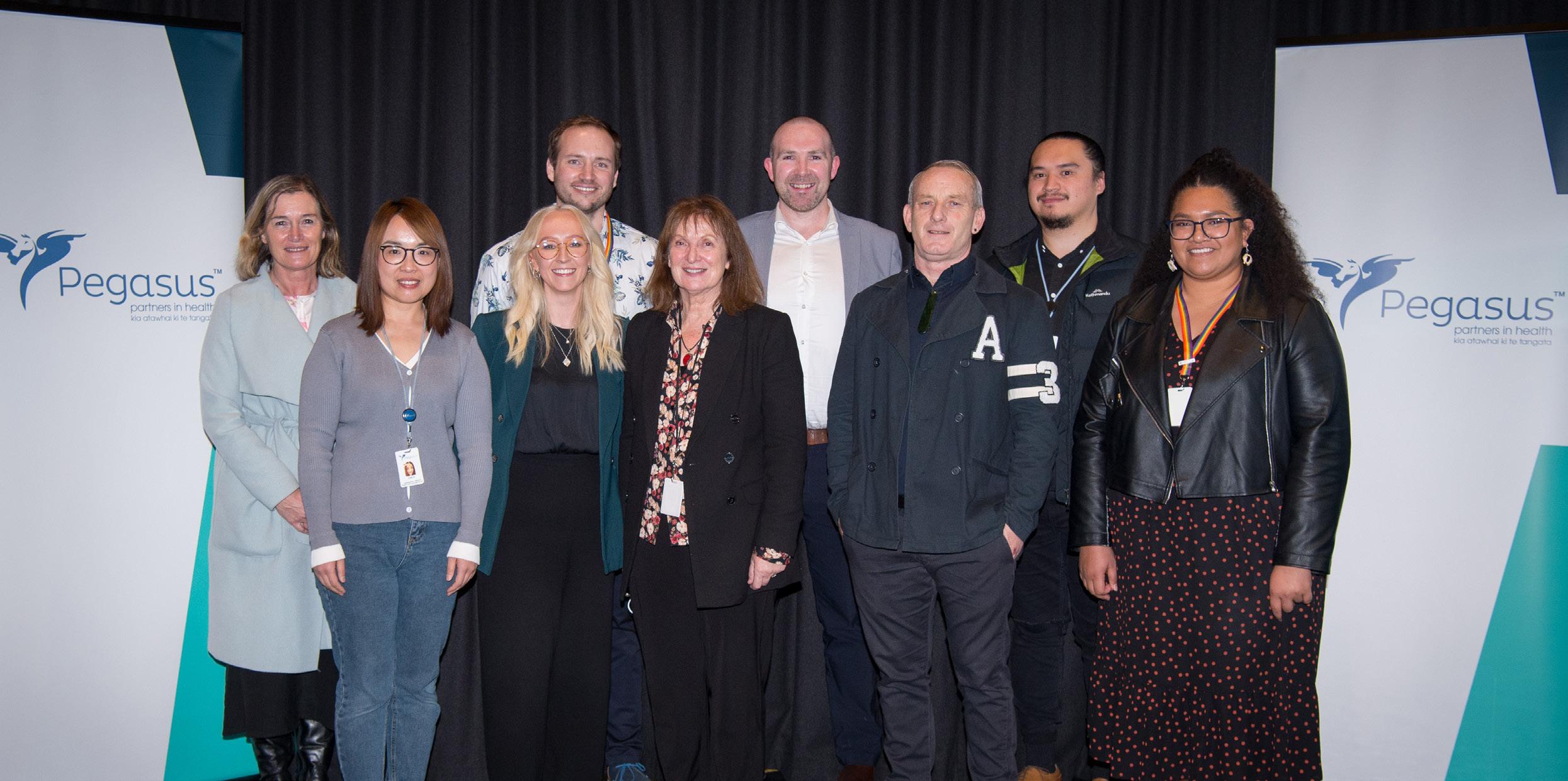
“We are guided by Rawiri Hazel and his te ao Māori and tikanga knowledge. He has supported us in the use of karakia and te reo Māori and have begun cultural supervision as a team.” Tim said
He Waka Tapu Kia Piki Te Ora Coordinator, Rawiri Hazel, is the link between Kia Piki Te Ora and Pegasus Health. In September, he hosted a
national hui of Kia Piki Te Ora coordinators at He Waka Tapu.
“The hui was about whakawhanaungatanga [the process of establishing relationships]. I wanted to find out how the coordinators could collaborate and work with each other. I invited Pegasus Health and He Waka Tapu to present and showcase the work we are doing in Waitaha Canterbury because not all coordinators have the same relationship with their local suicide prevention coordinators,” Rawiri said.
Feedback from Te Aka Whai Ora | Māori Health Authority and the Mental Health Foundation representatives who attended the hui has been overwhelmingly supportive.
“Te Aka Whai Ora told us that this approach of having Kia Piki Te Ora working alongside local Suicide Prevention and Postvention Coordinators could influence the approach nationally going forward,” Tim said.
“Over the past 12 months we have strengthened as a team and the collaboration with Rawiri and He Waka Tapu has played a major role in that. The recognition that we are doing it well has been great. There is still plenty more we hope to be able to do in this space to support Māori, their communities and continue our commitment to learning,” Tim said.
Ariana Ashby is currently in her third year studying a Bachelor of Midwifery at Ara-Te Pukenga (formally Ara Institute of Canterbury). Her moemoeā is to give Māori māmā greater choices and autonomy around their pregnancy and birth care.
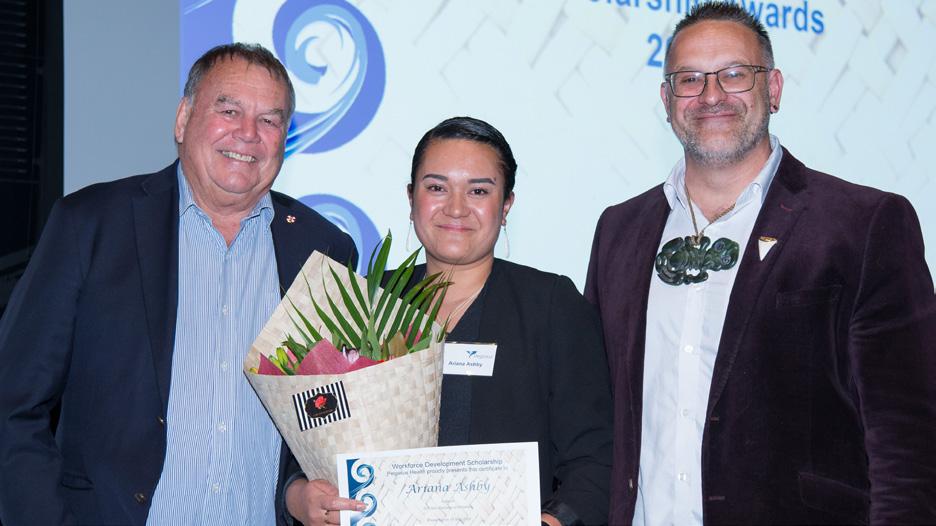
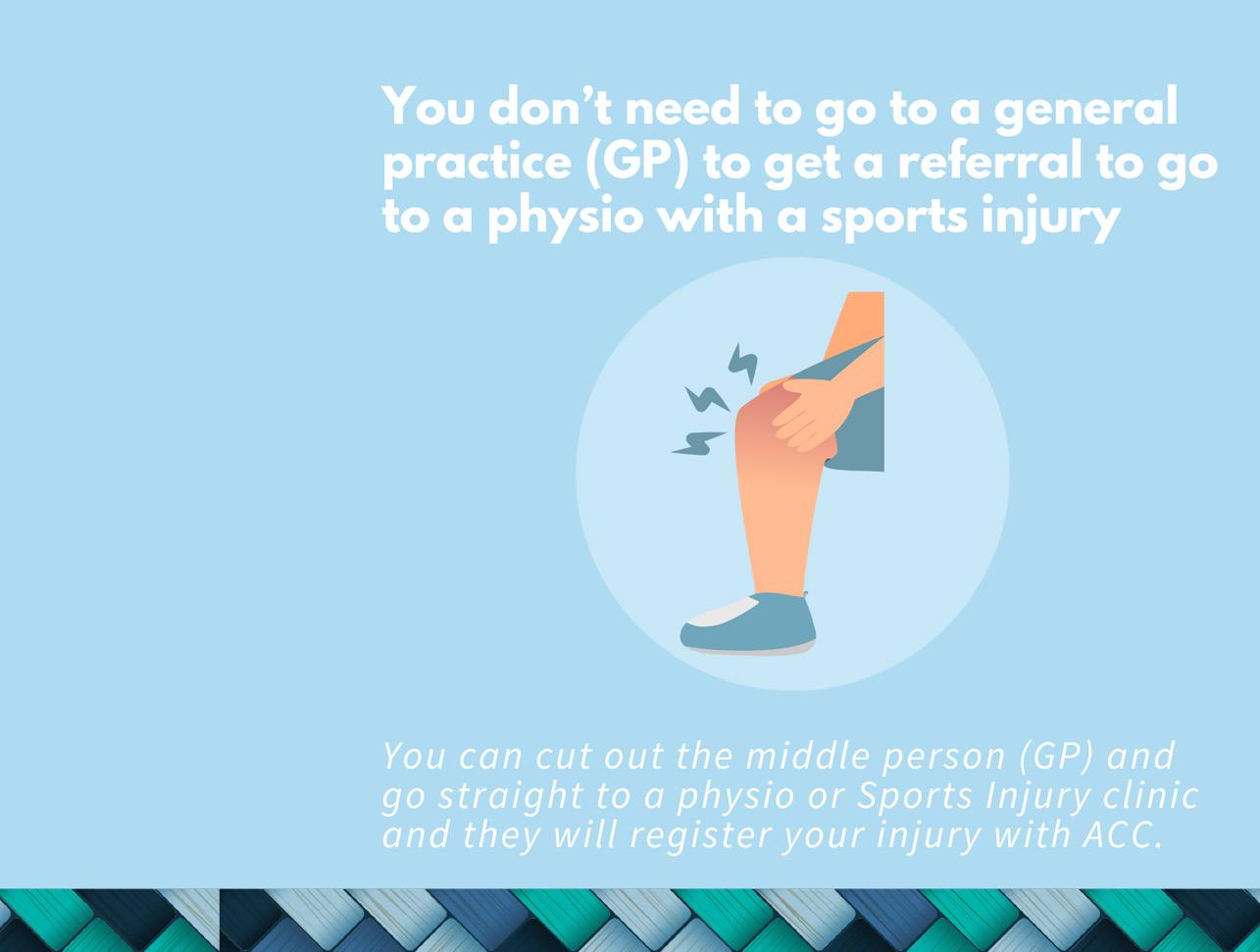
Ariana was inspired by her midwife who supported her pregnancy and birth when she had her first child. Her midwife was an important part of Ariana’s whānau community, having also delivered Ariana’s siblings and her partner’s mother’s children.
“The relationship I had with my midwife was quite special to me. I felt protected within my birthing space. I want to provide that same care and education to our Māori māmā and whānau for better birth outcomes, both now and for the generations to come. What is important to me is upholding the whānau mana and connection,” Ariana said.
While Ariana’s experience was one of aroha and manaakitanga, she knows that is not the experience of all Māori māmā. Birth does not always go to plan and Ariana hopes to be able to advocate for māmā when these situations occur. “I want to be able to be a voice for our Māori whānau in situations which may not be going their way, to enhance their trust in the health system. It is important to me that respect and mana are upheld. The choices and decisions of whānau need to be honoured and I hope to be able to be an advocate that ensures these happen,” Ariana said.
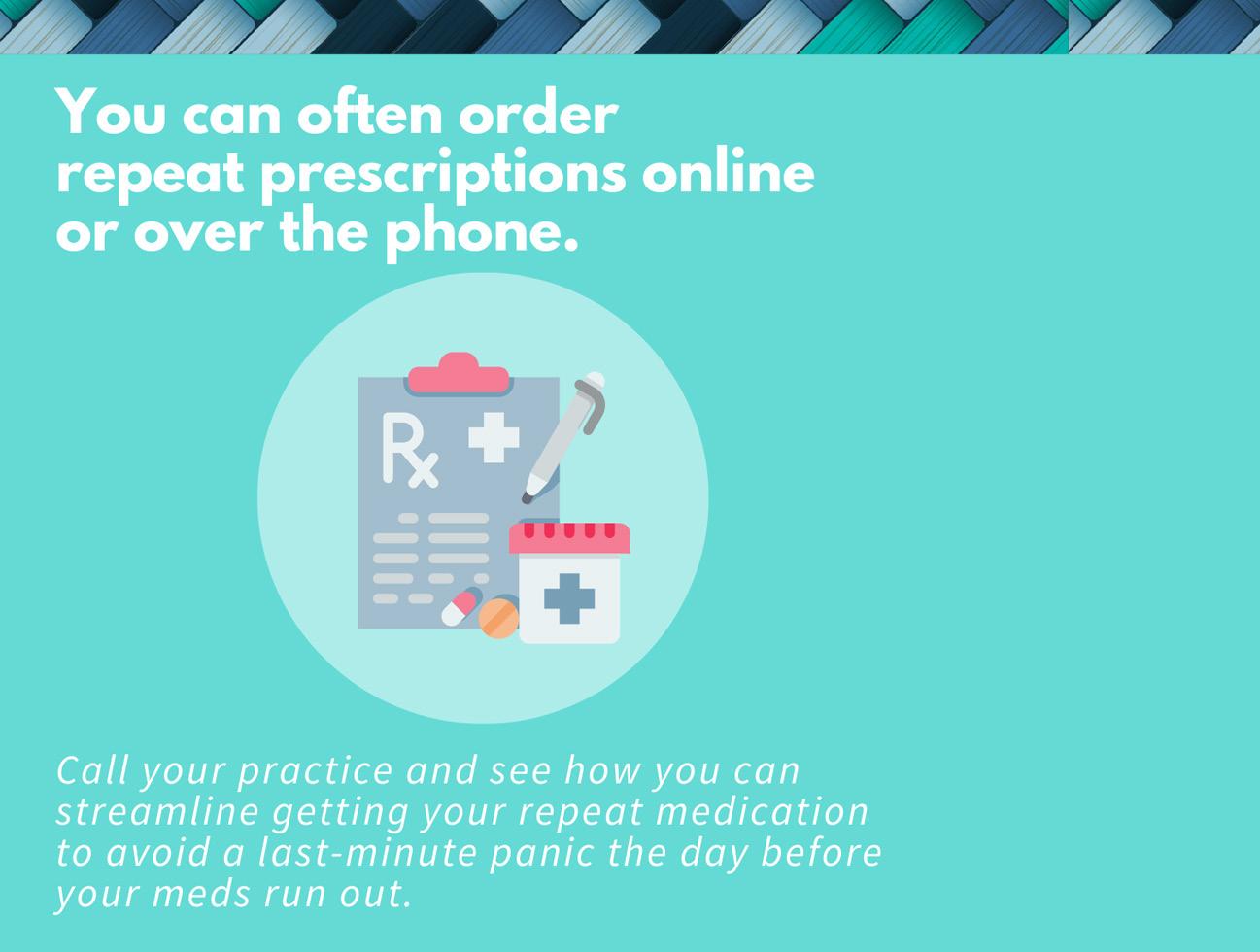
The Healthline team are specialists in assessing and advising healthcare over the phone. They are available 24/7 and have language interpreters available.
Call Healthline free on 0800 611 116:
• If you do not have a family doctor, or they are unavailable
• If you are feeling unwell, but not sure if you need to see a doctor
• If you want some advice about a whānau member or a friend who is sick (if you are with them).

A GP is your family doctor. They assess, diagnose, and treat people in the community.
A GP can help with:
• Assessing, diagnosing and treating people in the community
• Prescribing and administering medicines
• Providing treatment and healthcare advice on long-term conditions
• Referring patients to other health professionals and work with them to look after patients.
24 Hour Surgery is open 24 hours a day, seven days a week when your general practice is unavailable. It greatly relieves pressure on the ED, providing care for patients who require comprehensive care, and who can safely avoid an ED or hospital admission.
TThe Emergency Department (ED) treats people who have a serious illness or injury that requires urgent attention.
Patients may be referred to the ED by their doctor/GP or the ambulance service, or they may refer themselves. If you are uncertain how serious your illness or injury is, call your GP or Healthline for advice.
If you are unwell, call Healthline first for the best advice on where to go.
Cyber Smart Week ran from the 9 to 16 October, and each year CERT (Computer Emergency Response Team) NZ raise awareness for cyber security, with the aim of increasing New Zealand’s cyber resilience by empowering people to take some simple steps to protect themselves from cyber threats.
CERT NZ’s latest data shows that online security incident reports are up 48% from this time last year. The good news is, that many cyber security incidents can be prevented, or can have a reduced negative impact, if the right measures are put in place and followed.

CERT Cyber Smart week is a great time to focus on simple steps we can all take to protect our online security. Simple steps include:
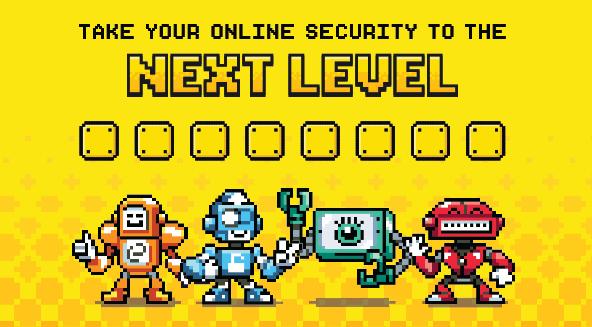
• Long, strong and unique passwords are harder to crack. Try using a passphrase (a random phrase of 4 or more words)
• Use 2 Factor Authentication (2FA)
2FA is like a secret key for your online accounts that’s used in addition to your password. You can turn it on outside of your work accounts.
• Keep devices up-to-date
Install updates on apps and devices as soon as possible or activate auto-updates to dodge security weaknesses.
• Check your privacy settings
Make sure your social media privacy settings are switched over to ‘Private’ or ‘Friends only’ – this way, you can control who sees what information you share and who you are sharing it with.

